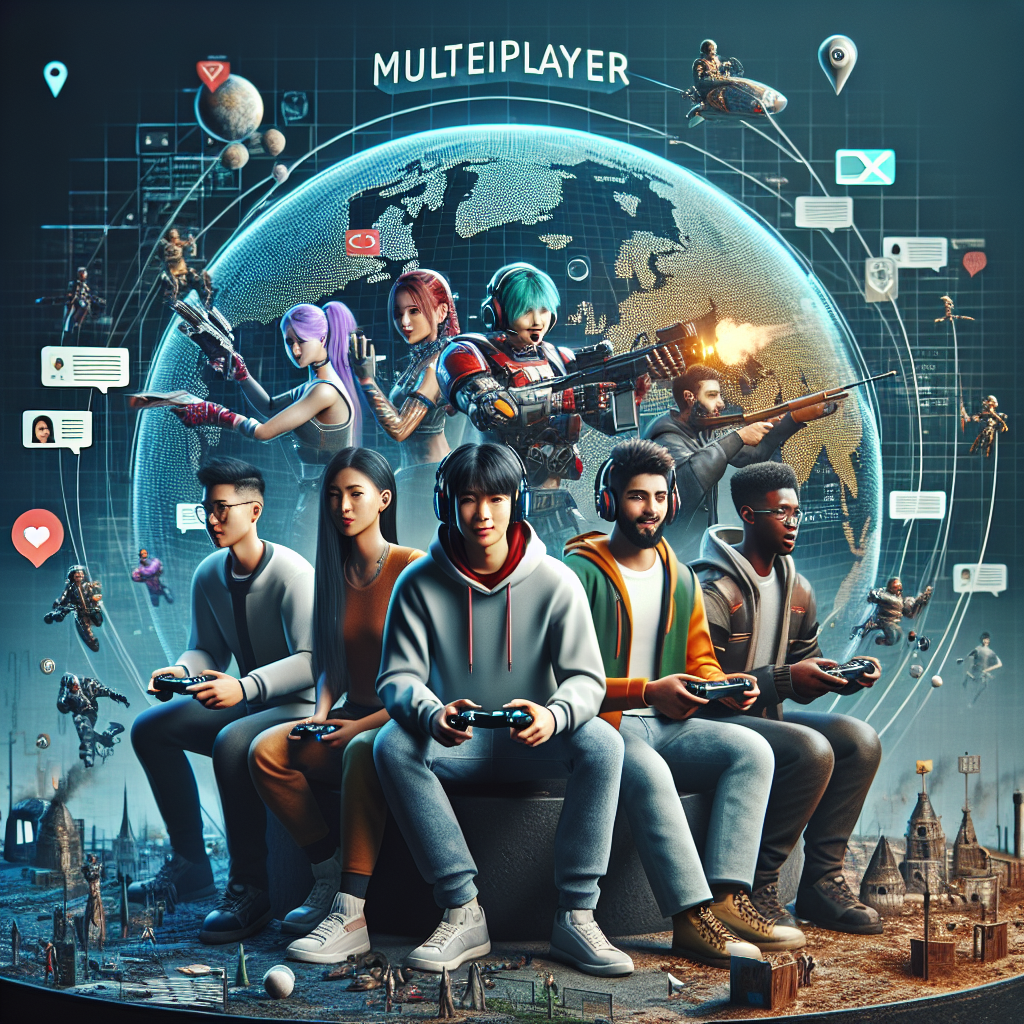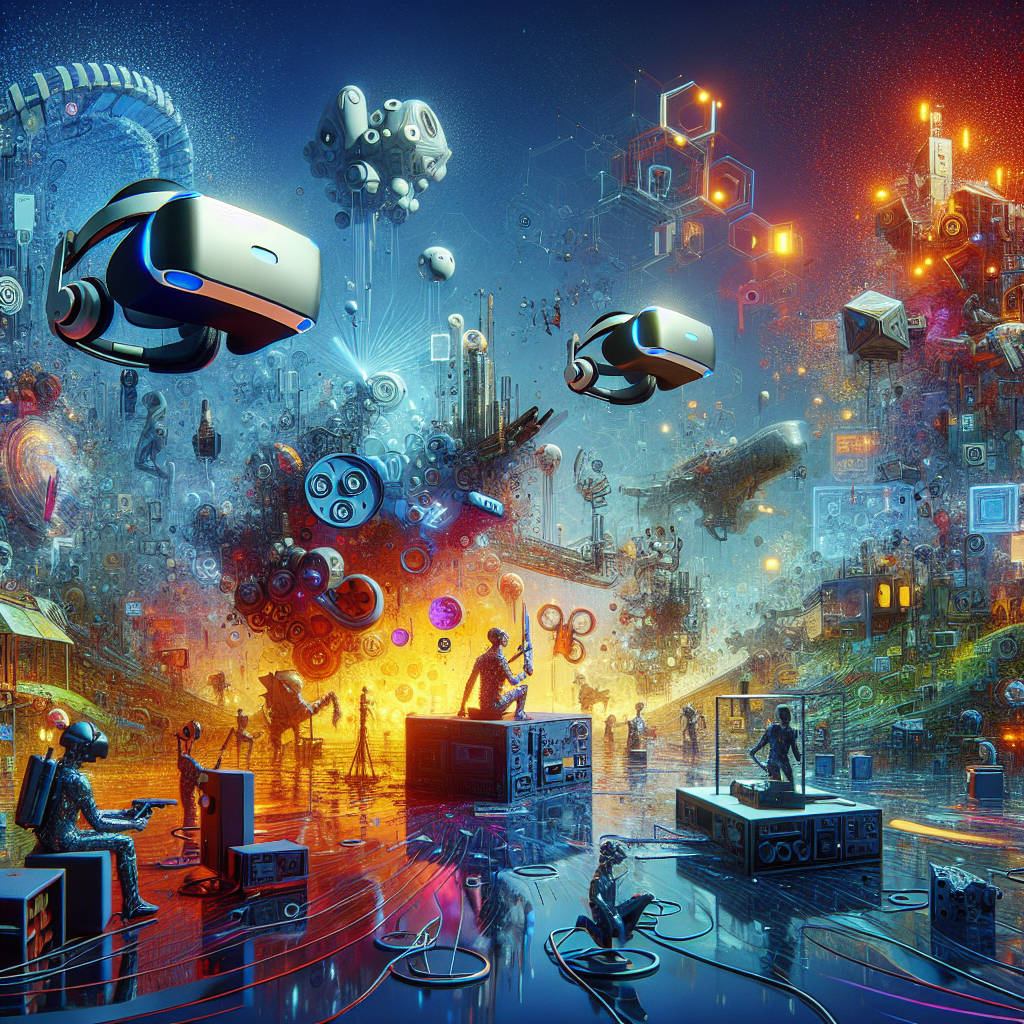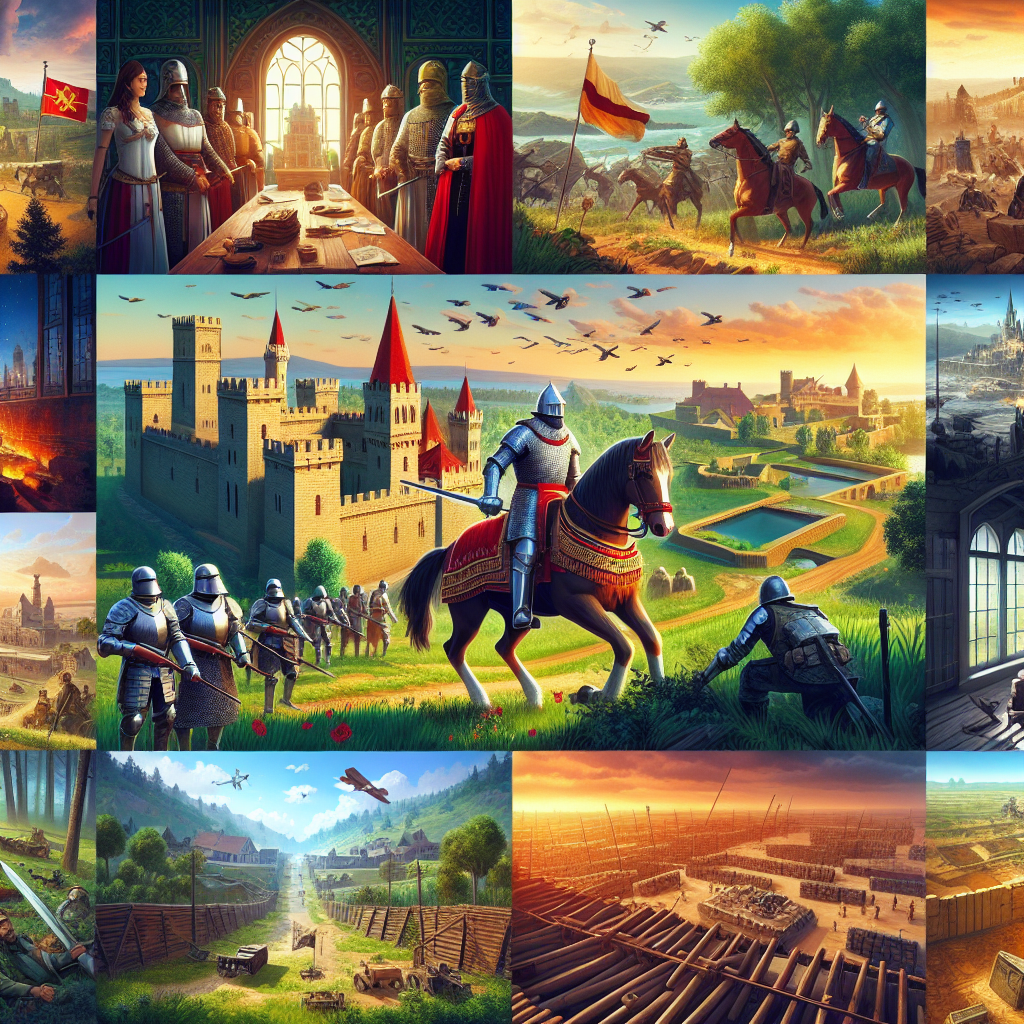In recent years, the landscape of online interaction has transformed dramatically. With the rise of multiplayer experiences and immersive virtual worlds, Games as Social Platforms have become a cornerstone of modern communication. Gamers are no longer just players; they are part of dynamic communities where friendships are forged, ideas are shared, and experiences are lived together.
Understanding the Shift
The traditional social media platforms like Facebook and Twitter have faced criticism for their algorithms and the nature of interactions they promote. In contrast, games offer a more engaging and interactive space for users. Players collaborate, compete, and communicate in real-time, creating a sense of belonging that many find lacking in conventional social networks.
For instance, games like Fortnite and Roblox have successfully integrated social features that allow users to chat, form teams, and even attend virtual concerts together. These platforms encourage players to build relationships, making them ideal venues for social interaction.
Community Building in Virtual Spaces
One of the key aspects of Games as Social Platforms is community building. Players often join guilds, clans, or teams that foster camaraderie and teamwork. This sense of community can lead to lasting friendships that extend beyond the digital realm.
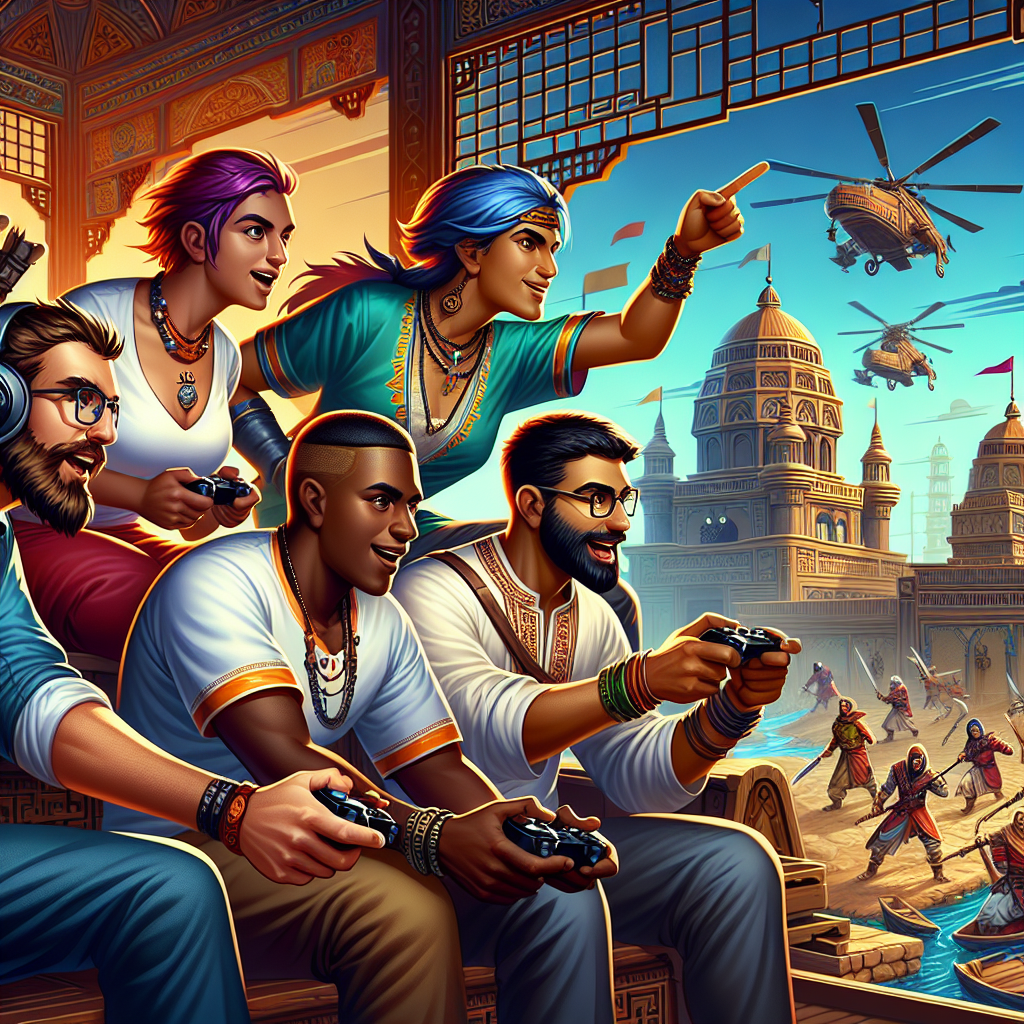
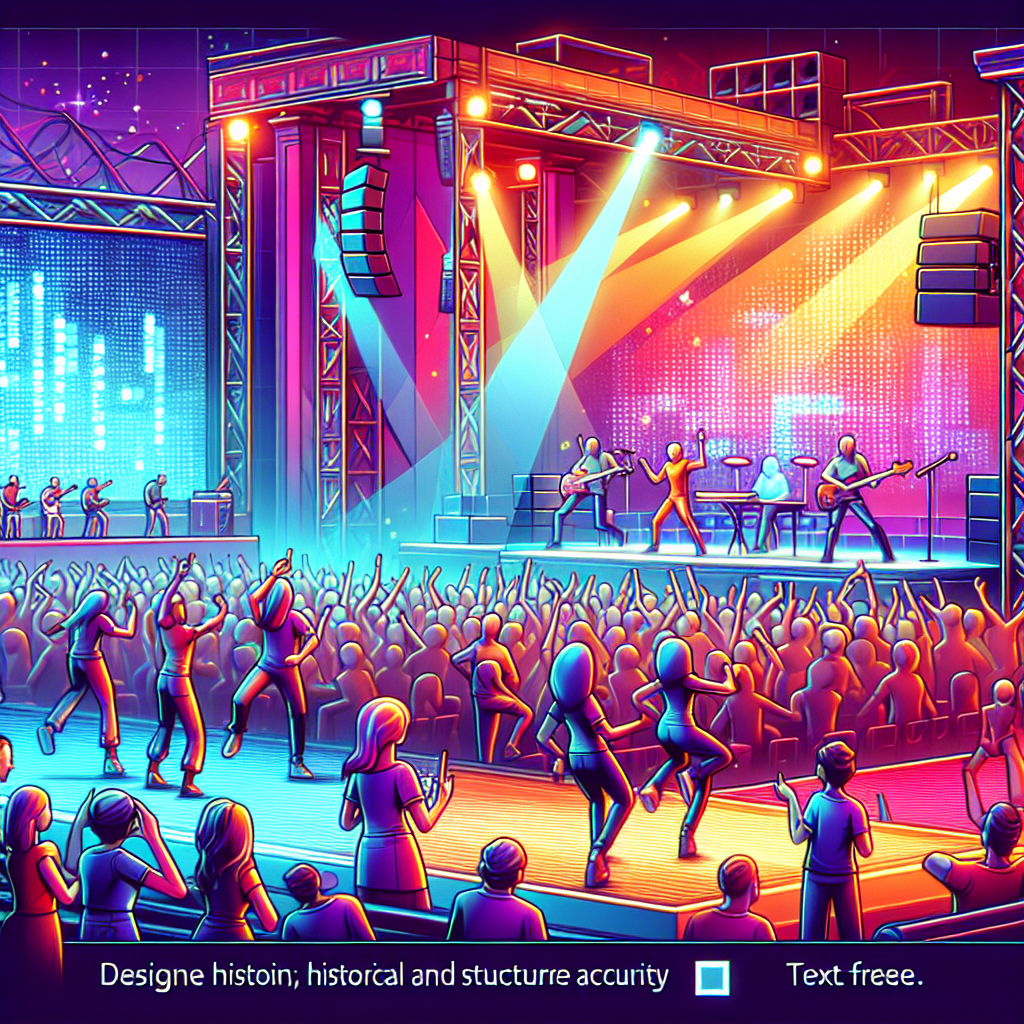
Moreover, many games host events and tournaments that draw large crowds, both virtually and in person. These gatherings create an opportunity for players to meet face-to-face, further solidifying their connections. Platforms like Discord have emerged as popular tools for gamers to communicate and organize, enhancing the social experience.
The Future of Social Interaction
As technology continues to evolve, the potential for Games as Social Platforms is limitless. With the advent of virtual reality (VR) and augmented reality (AR), the gaming experience is set to become even more immersive. Imagine attending a virtual wedding or a concert within a game, where you can interact with friends in real-time.
Additionally, the gaming industry is increasingly recognized for its social impact. Organizations are using games to promote social causes, educate players, and foster inclusivity. Games like Let’s Play focus on using gaming to make a difference, proving that these platforms can serve a greater purpose than just entertainment.
In conclusion, as we navigate the digital age, it’s clear that Games as Social Platforms are reshaping how we connect. They provide unique opportunities for interaction, community building, and even activism. As more people turn to gaming for social engagement, the lines between gaming and social networking will continue to blur, paving the way for a new era of online communication.
Some content and/or images on this page were created using AI.

